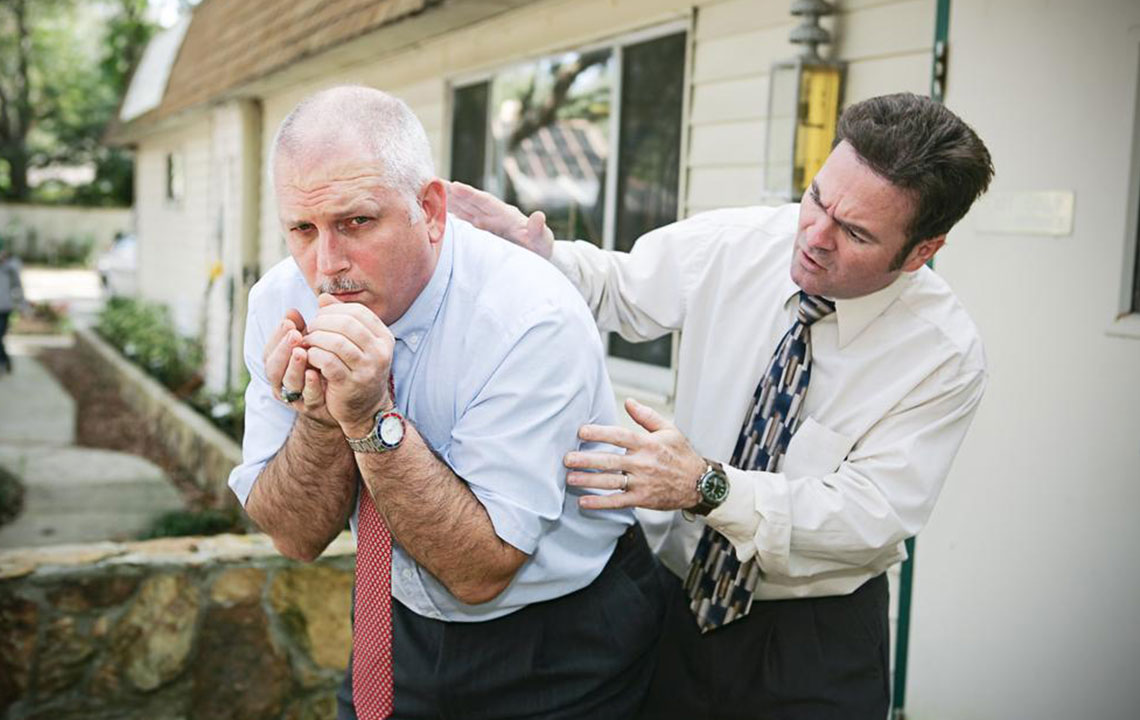Pneumonia was a very dreaded disease before the advent of antibiotics. The introduction and rapid progress in the development of antibiotics have completely changed the scenario. Pneumonia acquired from hospitals and health care centers are showing higher drug resistance and is of concern to the medical fraternity.
The mild pneumonia symptoms are like cold and flu but persist longer. The usual symptoms are chest pain on breathing, and while coughing as well. In people who are of age 65 years and above, there can be confusion or changes in mental awareness. Fatigue is widespread too. Coughs may be with phlegm. Fever with sweating and chills with shivering, sub normal body temperature especially in the aged and with weakened immune system are some of the commonly occurring pneumonia symptoms.
Shortness of breath, nausea, vomiting or diarrhea is also seen in some patients. Newborns and infants may not exhibit any significant signs of infection or may appear restless, exhausted, have fever and cough, and difficulty in eating and breathing. One should see the doctor when there is difficulty in breathing, chest pain, fever of 102
o F or higher or a persistent cough. High-risk groups like patients aged above 65 years, infant below two years, those with COPD and other underlying medical conditions, and compromised immunity for whatever reasons need early care.
Pneumonia is caused by bacteria, the most common Streptococcus pneumonia and is therefore called bacterial pneumonia.
It often comes on by itself after a cold or flu. The bacteria normally affect only one part or lobe and so is called lobular pneumonia. Other organisms similar to bacteria like Mycoplasma pneumonia also cause pneumonia but are of a milder type which typically does not require rest and is often called walking pneumonia. There are Fungi when inhaled in large amounts cause pneumonia. This type is usually found in those with compromised immune system. Some of the cold and flu causing viruses can produce pneumonia called viral pneumonia. This type is typically mild and commonly found in children under 5yrs. In rare cases, this type can become very dangerous.
Pneumonia though not disastrous can turn vicious and should not be neglected especially by the high-risk group.
Disclaimer:The content of the articles discussing symptoms, treatments, health conditions, and side effects is solely intended for informational purposes. It is imperative that readers do not interpret the information provided on the website as professional advice. Readers are requested to use their discretion and refrain from treating the suggestions or opinions provided by the writers and editors as medical advice. It is important to seek the help of licensed and expert healthcare professionals when necessary.


